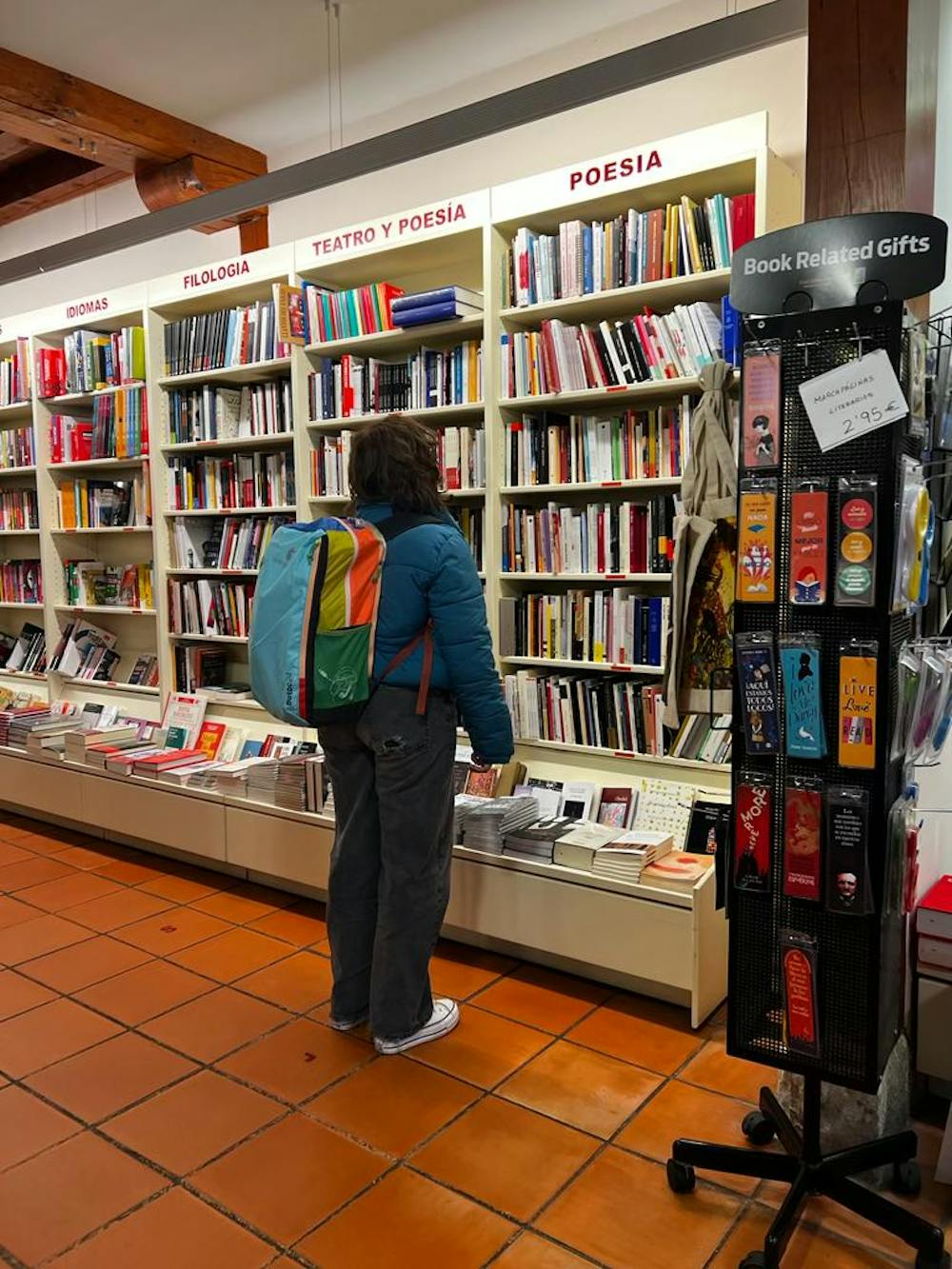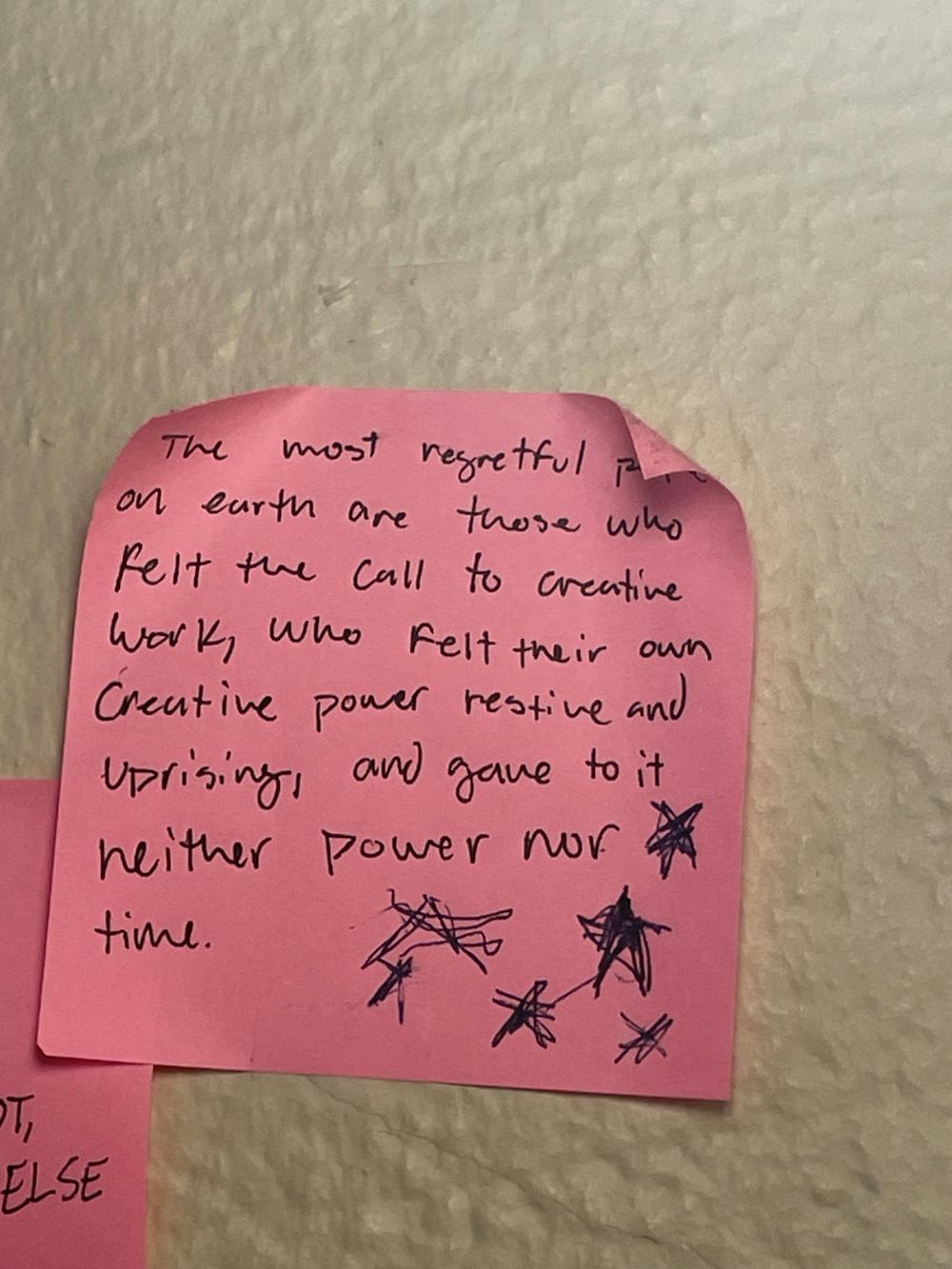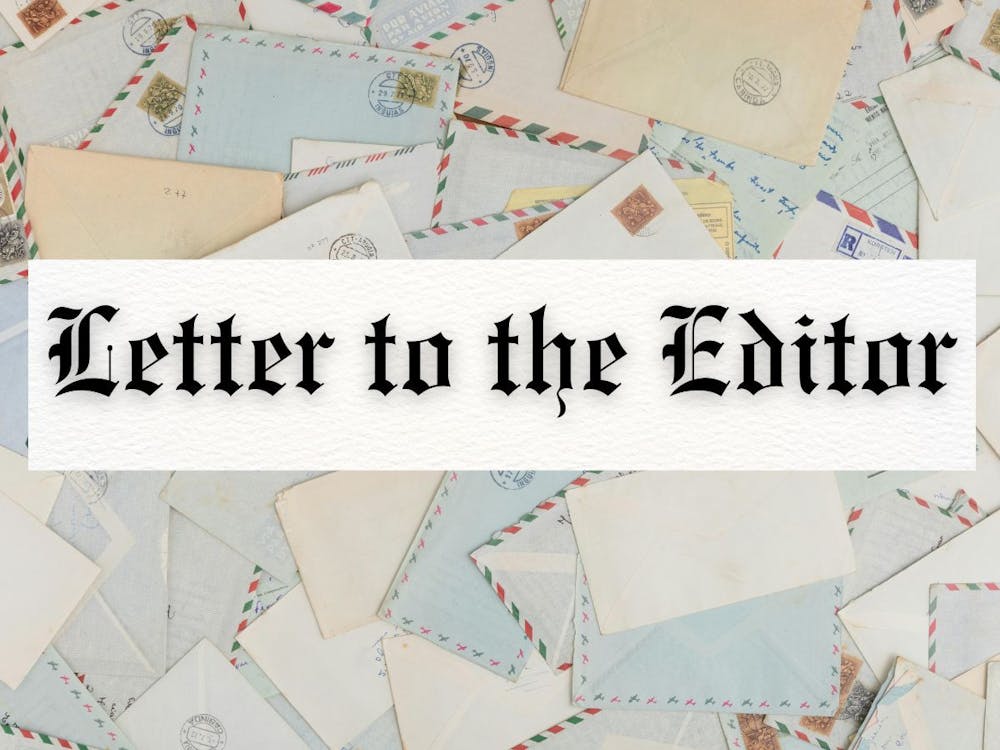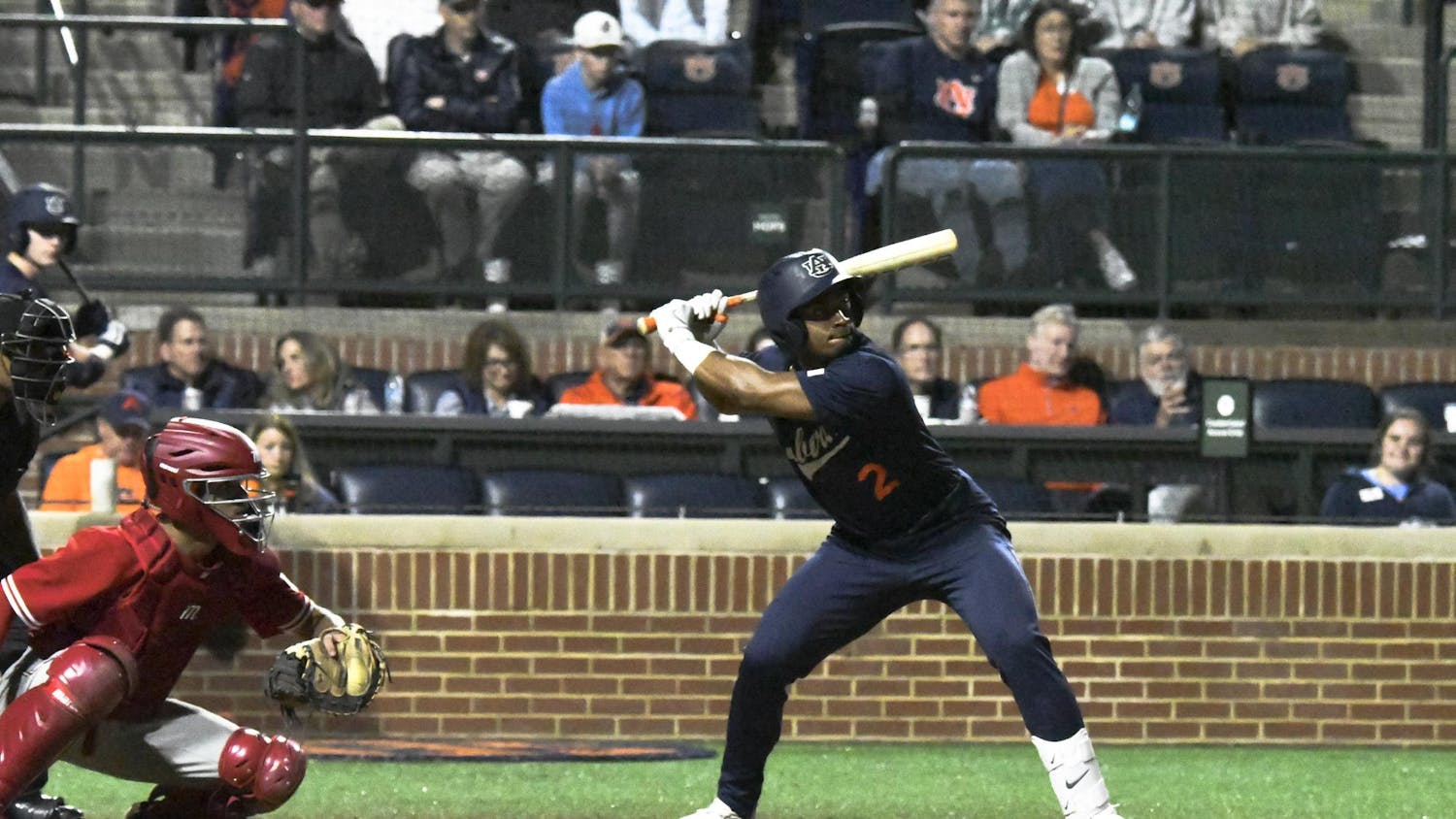“The most regretful people on earth are those who felt the call to creative work, who felt their own creative power restive and uprising, and gave to it neither power nor time.” — Mary Oliver
I will be graduating from Auburn on May 11 with a Bachelor of Arts in English and a minor in Spanish. Recently, under some frustrating pressure, I complained to two friends—both upcoming graduates in computer science and electrical engineering—that I had wasted my college career on a pointless and unhireable course of study.
While neither descriptor is true (though the hireability of an expert on Faulkner is iffy at best), the feeling of wasted potential frequently sits in my chest. I am leaving my undergraduate years without a job for June, much less a career path. I’m walking away from arguably the most critical years of life without definable skills beyond proper semicolon usage.
I could go on an anti-capitalist rant about the volatility of a society that devalues fields devoted to critical thought — one that would make many of my friends proud and relatives angry, but I’ll spare you that soapbox, for now.
Over the years, several professors and members of Auburn’s College of Liberal Arts’ faculty have told me it’s okay to choose a major without a clear career plan. They did it, and look where they are! In the same breath, of course, they’re quick to note the rapid decline of opportunities in academia and creative fields.

In a required class for all Liberal Arts undergraduates—LBAR—the college attempts to assuage the fears of careerless undergraduates by giving us a book: "You Majored in What?: Designing Your Path from College to Career." Potentially regrettably, it’s one of the few texts in college I decided was only worth a skim. As far as I could tell, it was meant to help answer the frequent question that comes with announcing you’re an English major: “So, what are you going to do with that?”
Despite my recent answer — “hang out,” which I still think is both apt and accurate — this question always fills me with a sinking feeling. Engineering majors go on to be engineers. Pre-law students go to law school. Supply chain management students go manage the supply chain. Communications students communicate. Marketing students…market. There is no tidy box that “English” falls into.
As much as this uncertainty makes me want to cry some days (a lot more lately) and has had me seriously considering the viability of post-grad barista work, it is not hopeless. Mary Oliver, poet, essayist, Pulitzer winner and famously degree-less college student, writes: “The most regretful people on earth are those who felt the call to creative work, who felt their own creative power restive and uprising, and gave to it neither power nor time.”
This quote won’t resonate with everyone, but it does with me. I bet it does with my fellow creatives, too — those who answered the call and spent their most formative years giving it power and time. The dread of not having a “career” won’t disappear anytime soon — and these days, the market isn’t easy for STEM graduates either — but there’s hope (there must be) for students who own up to creativity. Against the odds, we chose the path that spoke to us.
So, no, I won’t be graduating with a contract from a Fortune 500 company, a six-figure salary or an acceptance into a prestigious grad school. Personally, I’m not even sure where I’m literally going next. But, despite my complaints, I’m not regretful. And neither should other liberal arts grads be.
We, like Oliver, picked up the phone of vocation, and gave — to the creativity bubbling beneath the practicality of our day-to-day — power and time.

For graduation, for the creatives, for Sami. Love, Caroline.
Do you like this story? The Plainsman doesn't accept money from tuition or student fees, and we don't charge a subscription fee. But you can donate to support The Plainsman.
Caroline Chesnut, double major in literature and creative writing, will graduate from Auburn University in May 2025.





